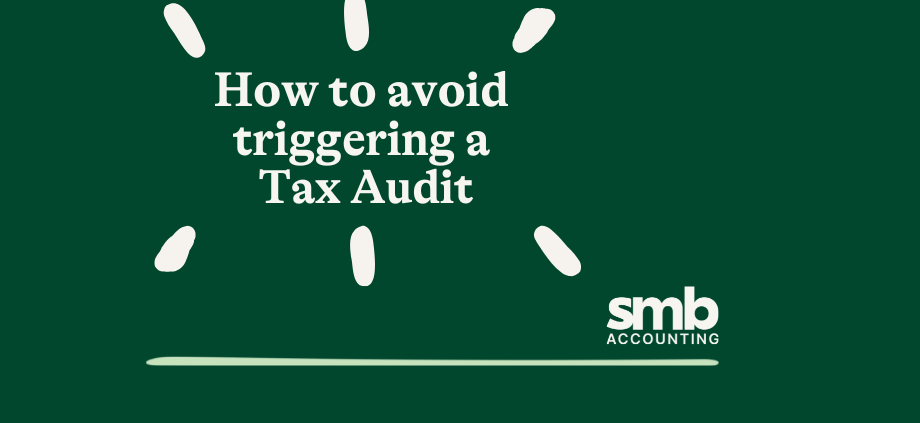5 Ways to Avoid Triggering Small Business Tax Audit
Running a small business is hard enough without worrying about the possibility of being audited by the tax authorities. However, it is important to understand the process of a small business tax audit in Australia, as well as the triggers that can lead to an audit, in order to be prepared when your business is picked for an audit.
The Australian Taxation Office or ATO is responsible for conducting tax audits on small businesses. The ATO has a risk assessment process that it uses to select companies for audit, and a number of factors can trigger an audit.
These triggers include things like a business having a large number of cash transactions, not declaring all of its income, or claiming excessive deductions. Here are some ways that can avoid triggering small business tax audits in Australia:
1) Rightly Declare Taxable Income
All businesses in Australia are required to declare their taxable income to the ATO. This means reporting all of the revenue that your business earns. If your business is picked for an audit and the ATO finds that you have not declared all of your income, you may be liable for penalties and interest charges. Thus, find the accountants that make the right declarations.
2) Perform Within Industry Benchmarks
When your business is performing better than most businesses in your industry, it is likely to draw the attention of the ATO. Benchmarks are set by the ATO for companies in each sector and are based on a variety of factors, including turnover, profitability, and cash flow. If your business is performing significantly better than the benchmarks, it warrants an audit.
3) Match BAS Items to Annual Tax Returns
If the items on your Business Activity Statements (BAS) do not match up with those on your annual tax return, it will trigger an audit. This is because the ATO uses the BAS to reconcile the GST that businesses have collected with the GST that they have reported. Any discrepancy may be an indicator of GST fraud.
4) Avoid Late or Underpaid Superannuation
When you have a history of late or underpaid superannuation, you are likely to be audited. The ATO is cracking down on superannuation compliance among different small businesses, so you must make sure that all of your employees’ super is appropriately paid on time and in full.
5) Have On-Time ATO Lodgements
If you have a history of late or non-lodgement of returns, you will be a prime candidate for an audit. The ATO will take this as an indication that you are trying to avoid paying taxes or hiding something from them. To avoid an audit, lodge your returns on time and in full.
6) Claim Appropriate Deductions
Businesses can claim deductions for various expenses, such as business travel and marketing. However, the ATO may disallow deductions if they are unreasonable. Businesses can claim excessive deductions are more likely to be underreporting their taxable income. To avoid this, make sure that all deductions are necessary and can be supported by documentation.
Conclusion
In conclusion, it is pretty important to understand the triggers for a small business tax audit in Australia to avoid any potential penalties. By being aware of such triggers, you can minimise the risk of being audited.
Seeking a tax professional to avoid small business audit triggers? SMB Accounting in Australia does individual tax returns, small business accounting, SMSF audits, and more. Get in touch with us today!

